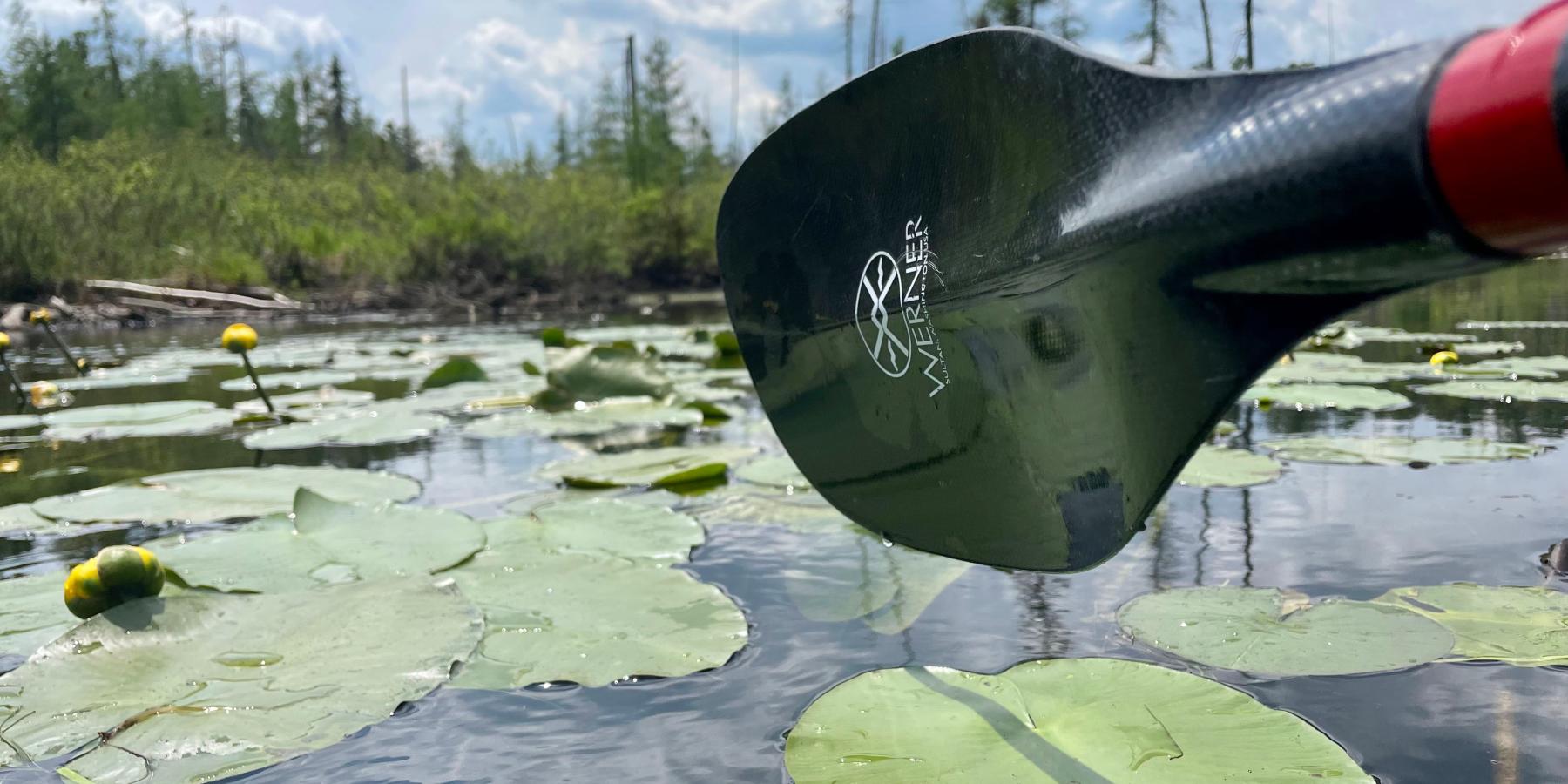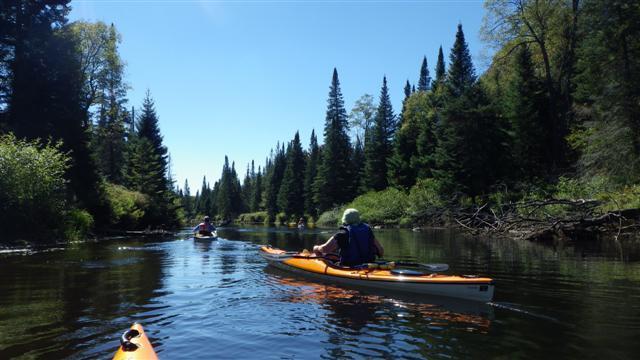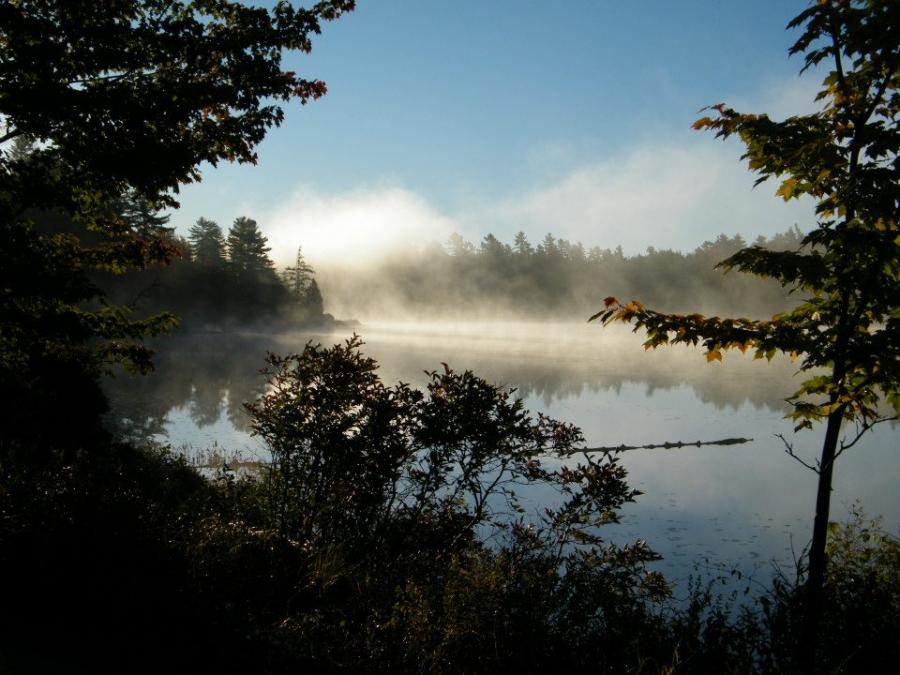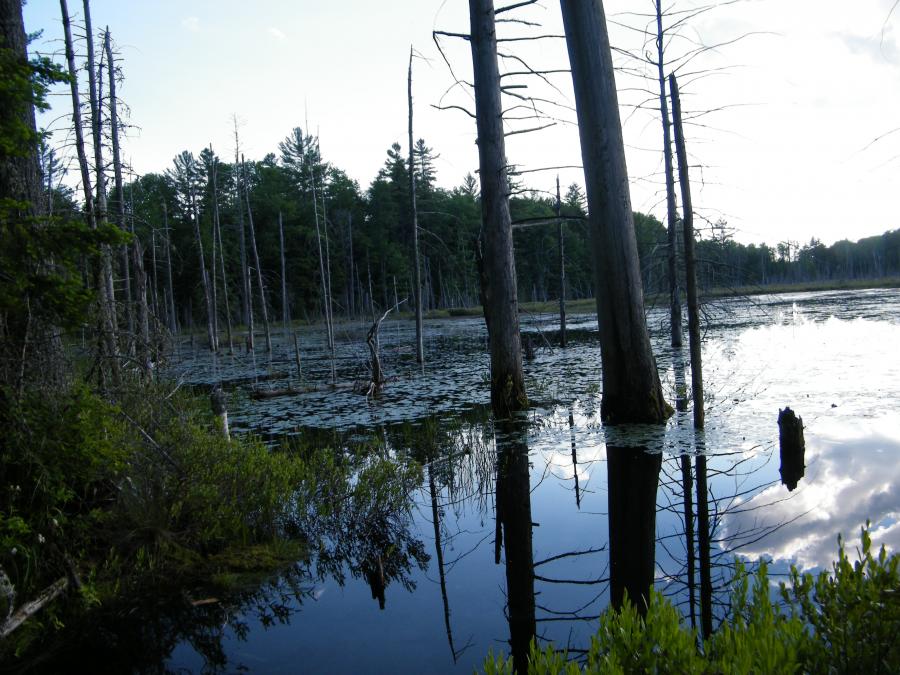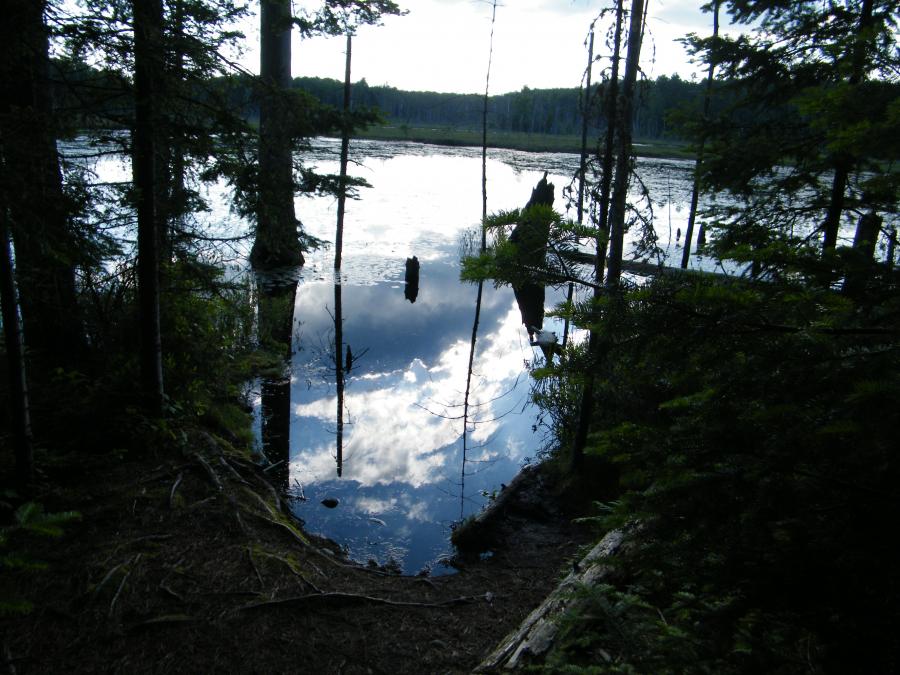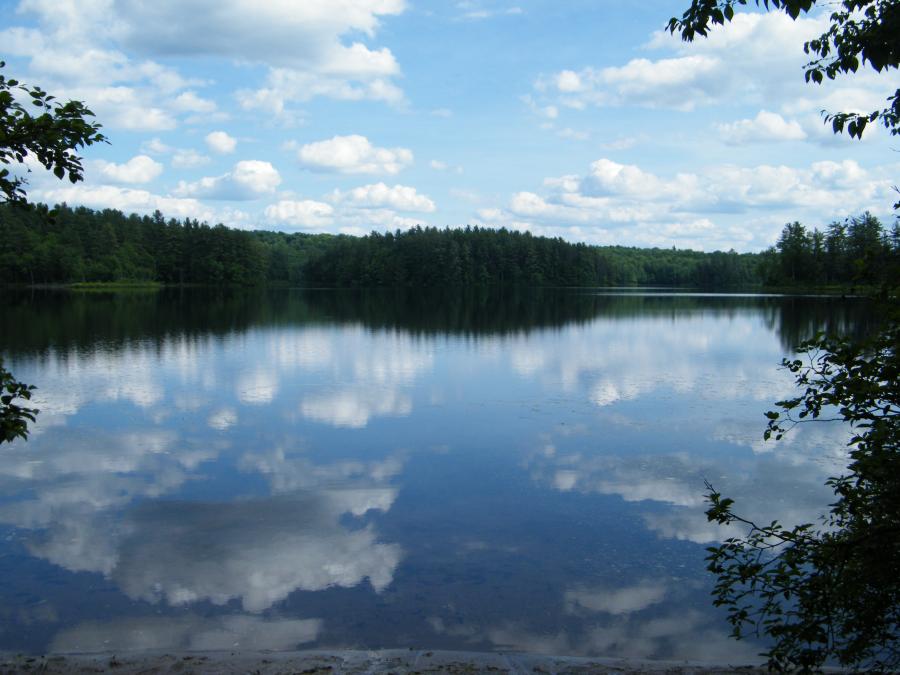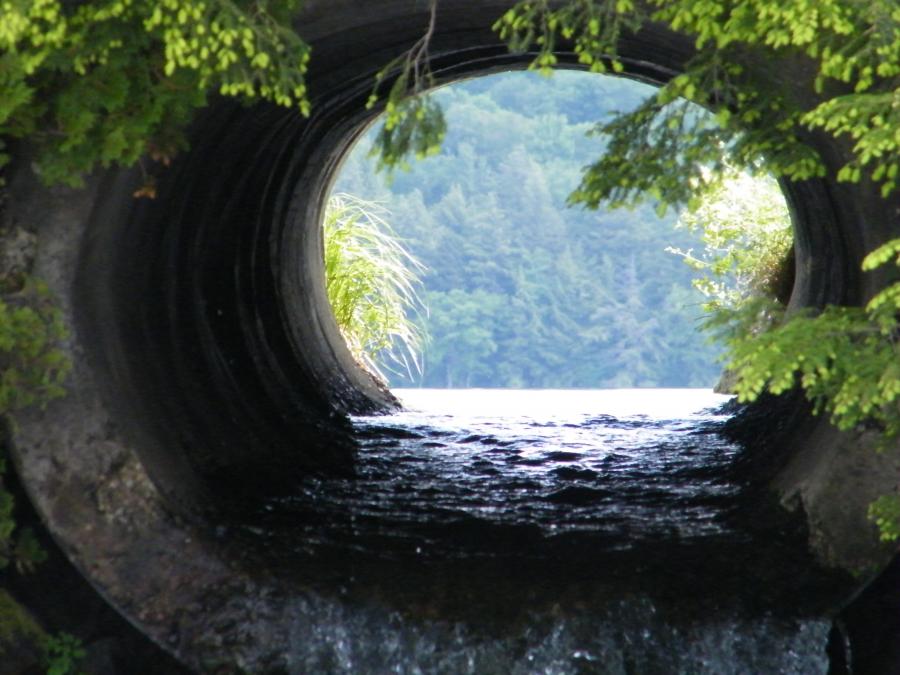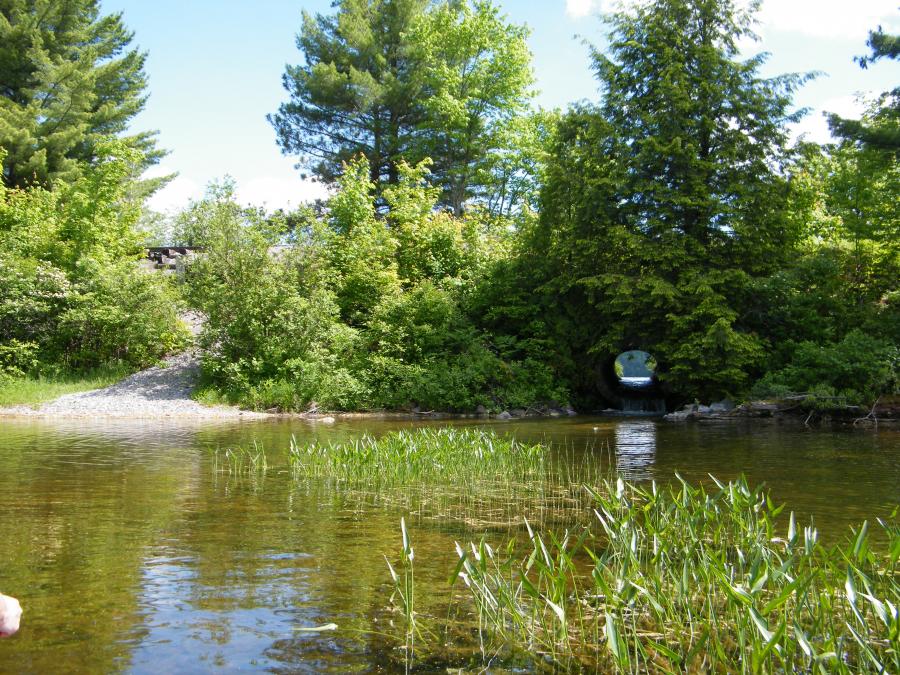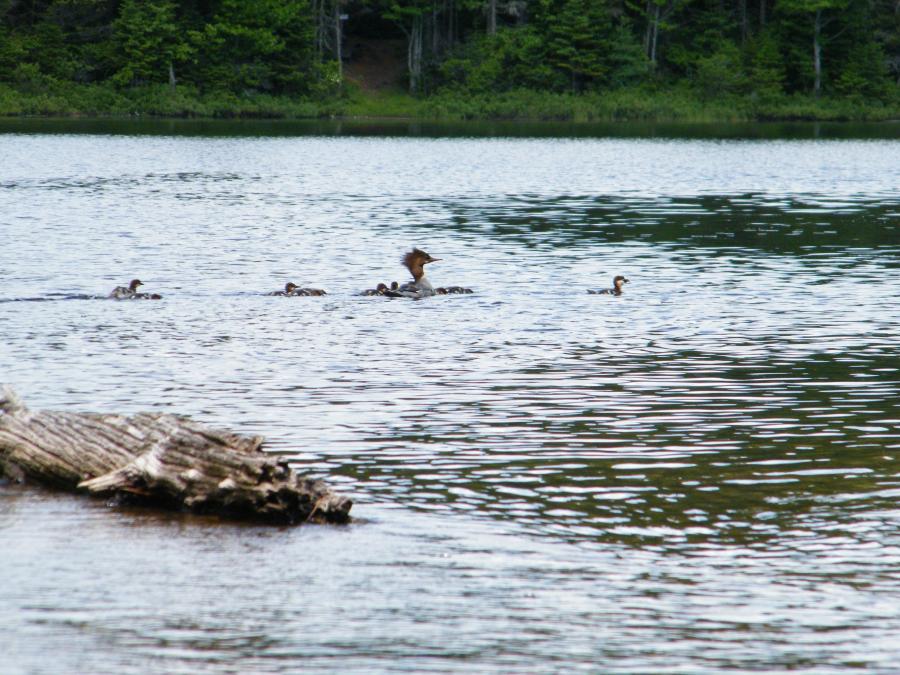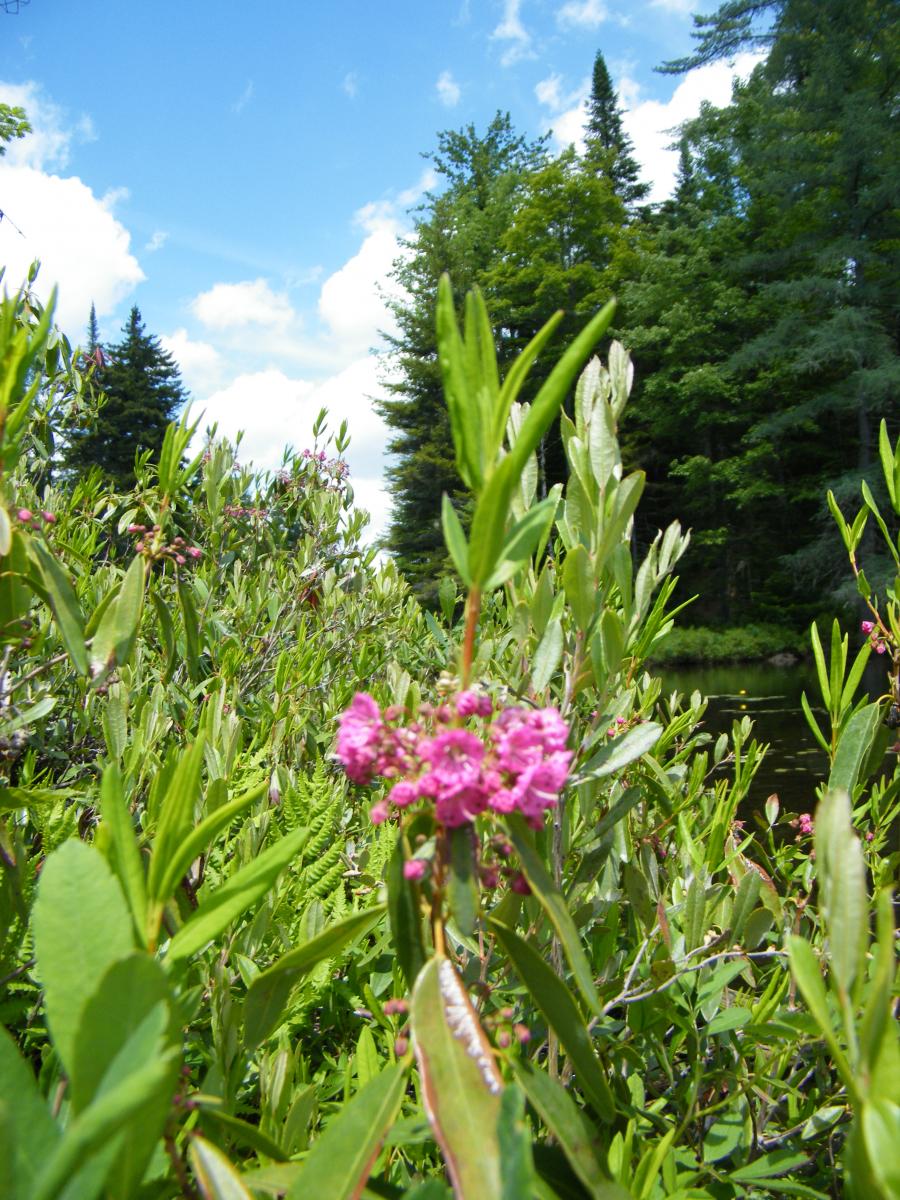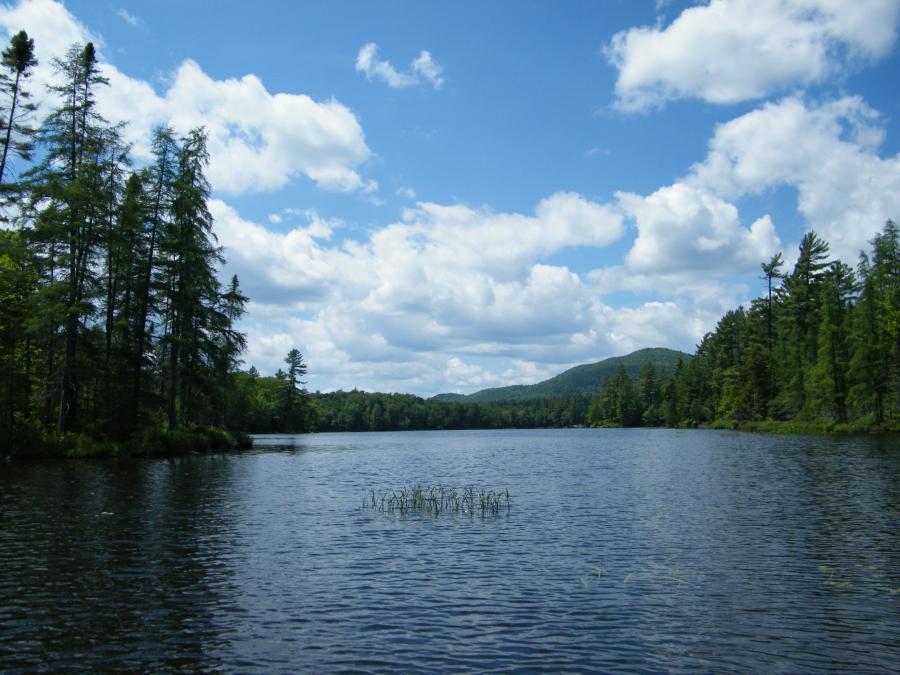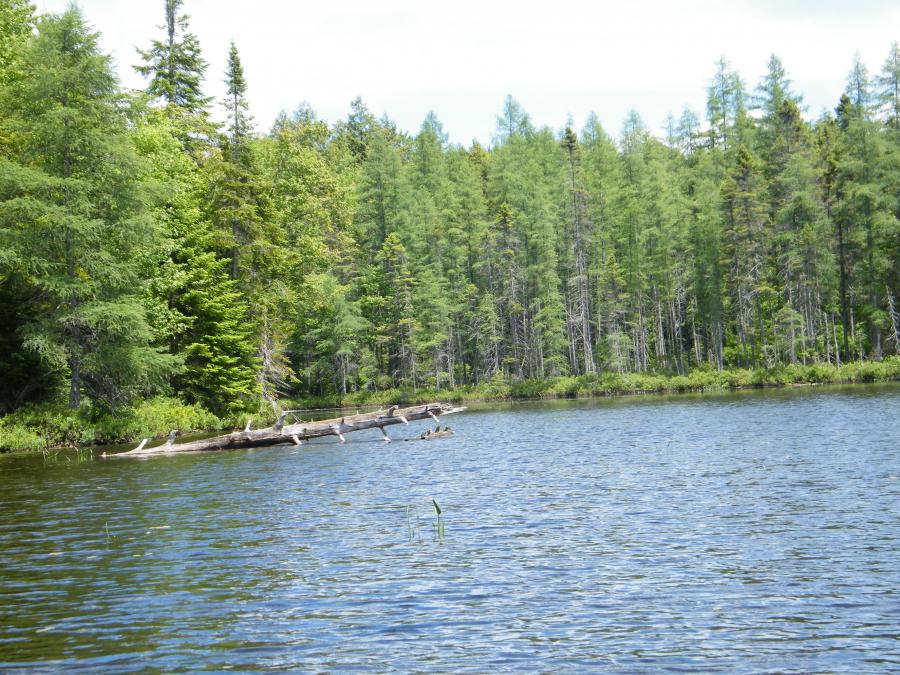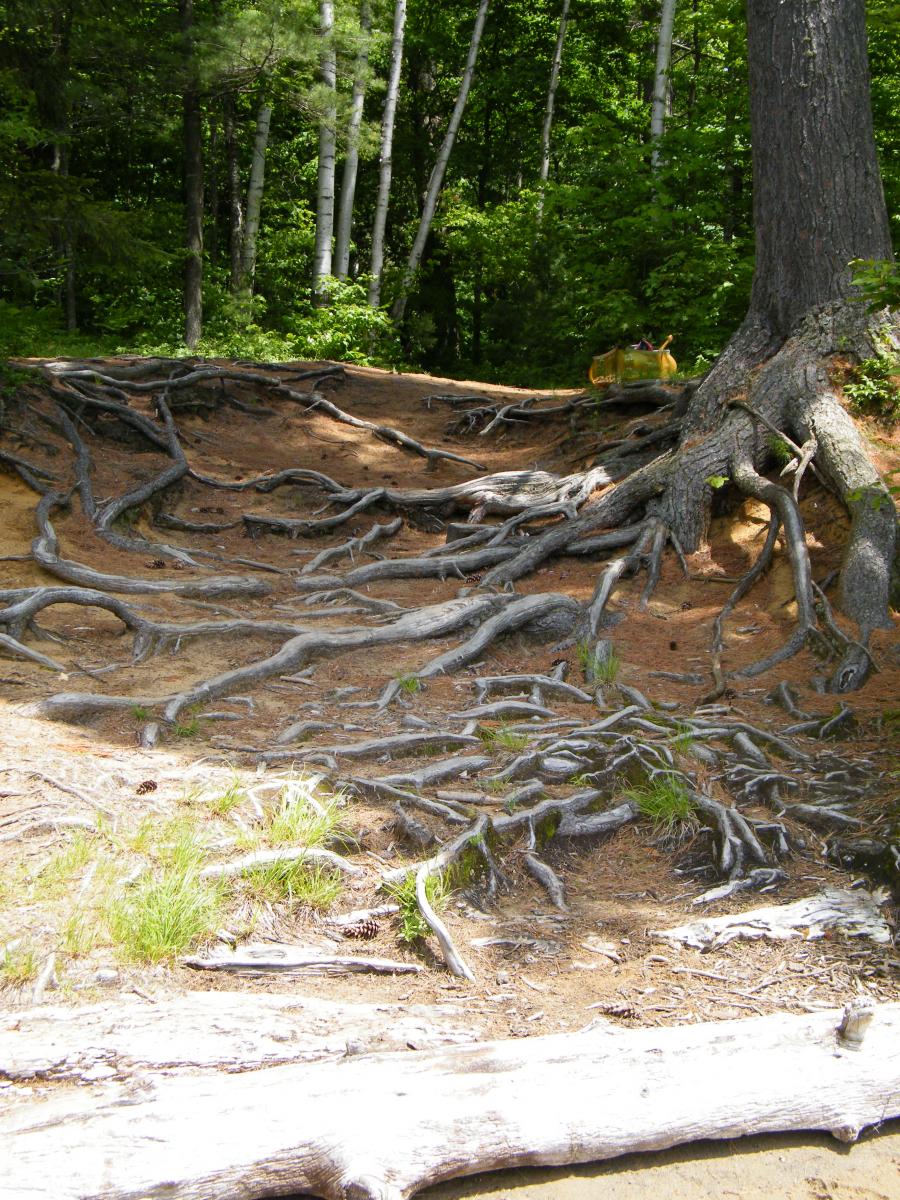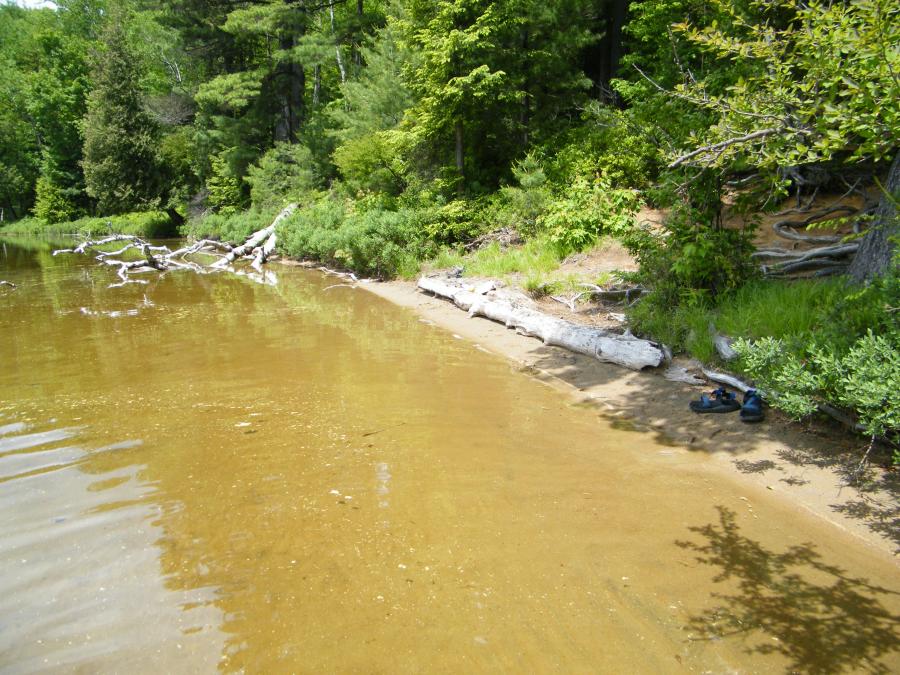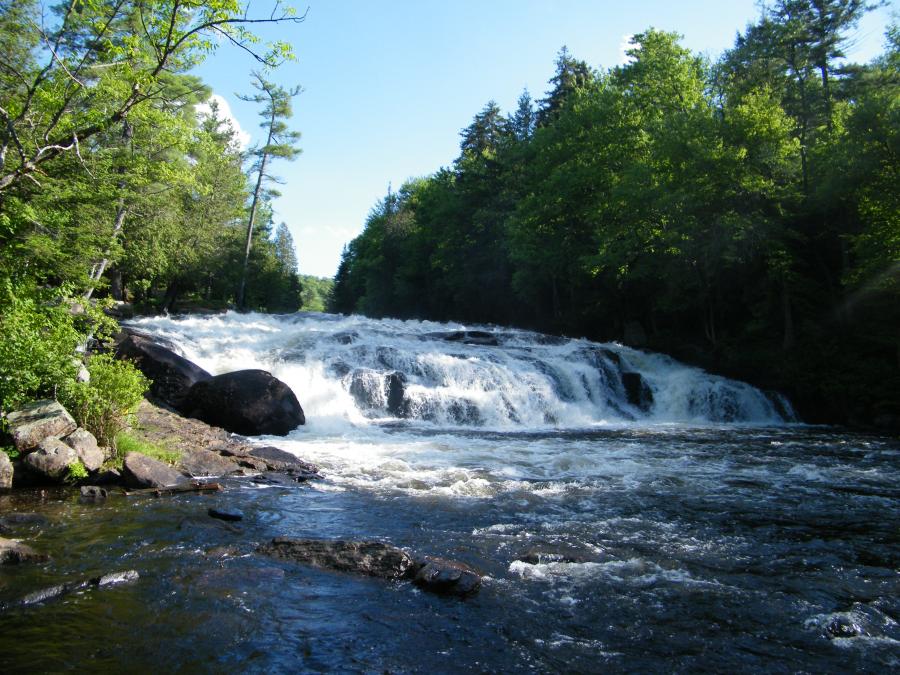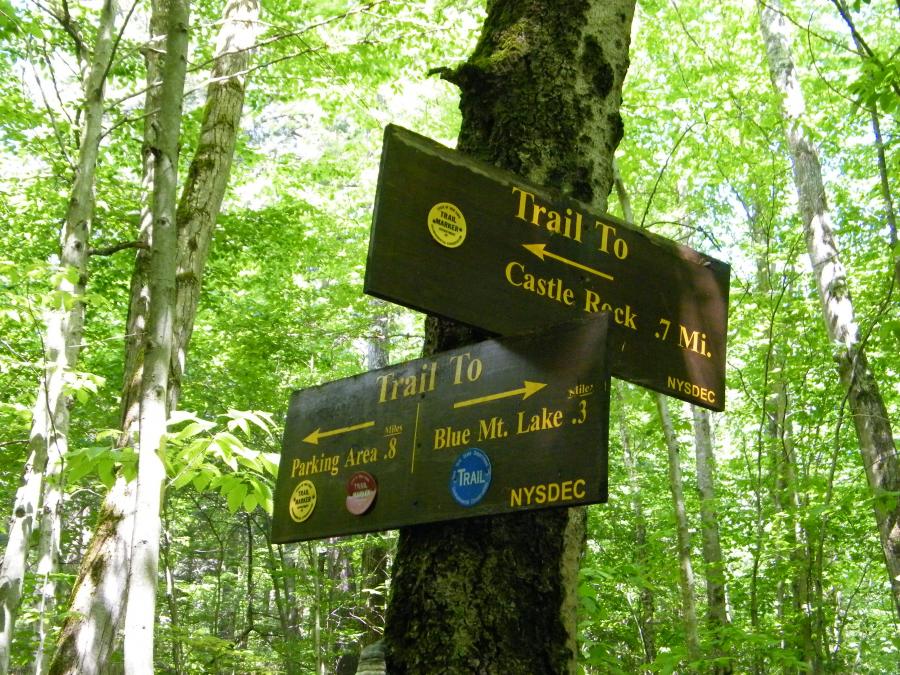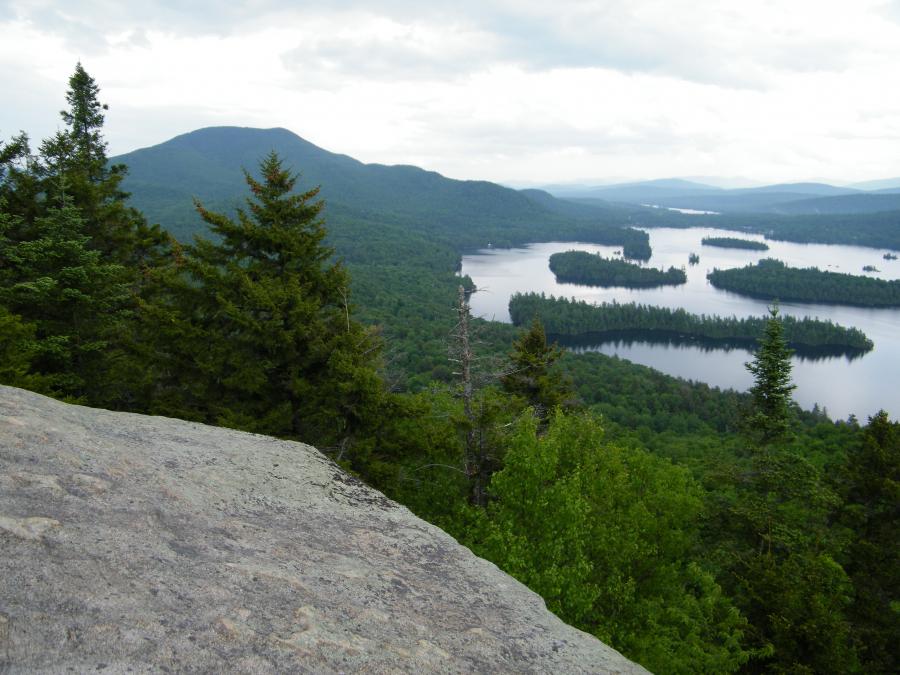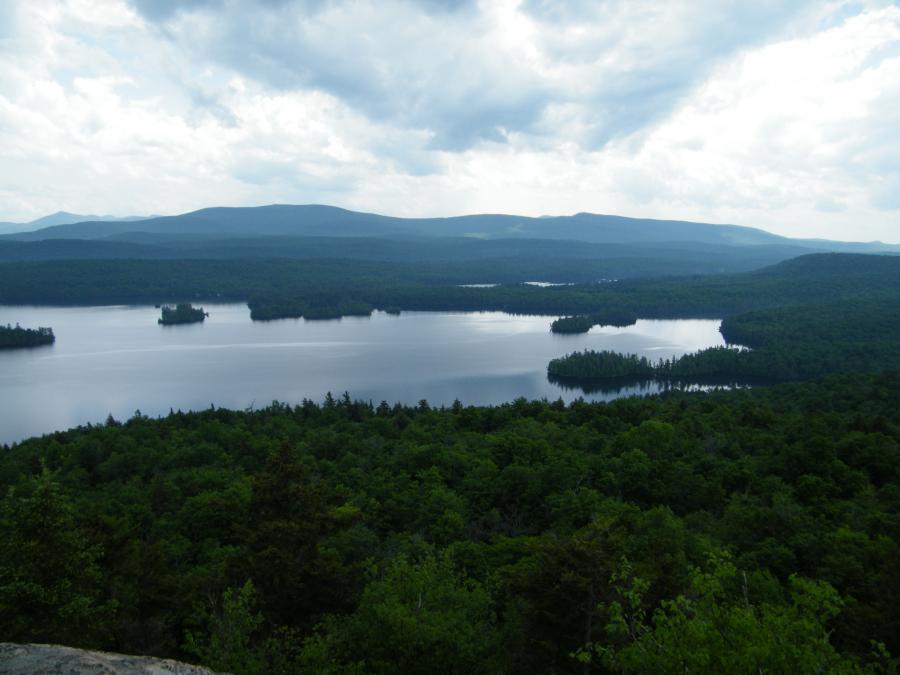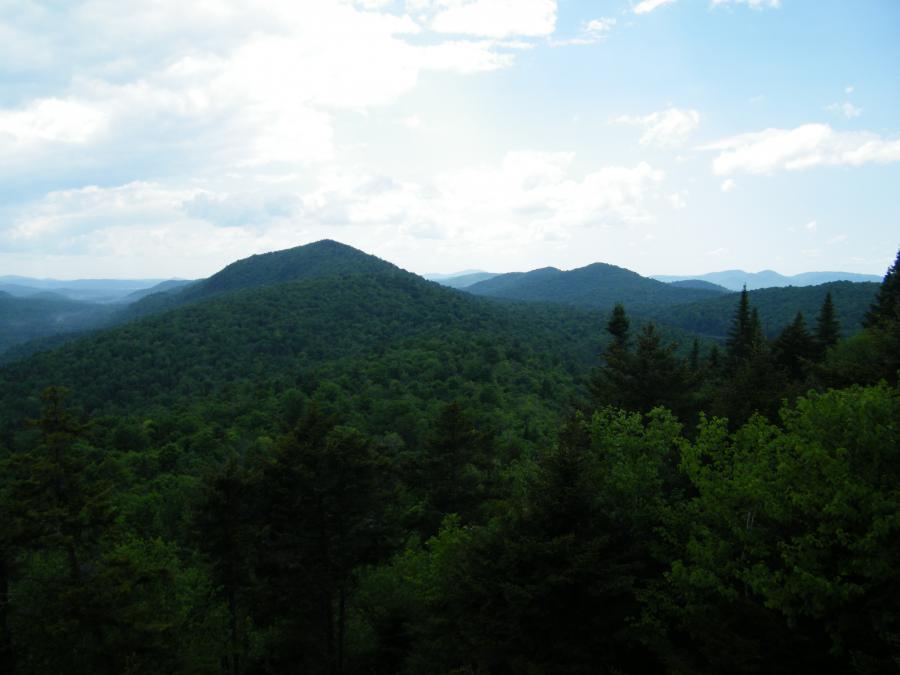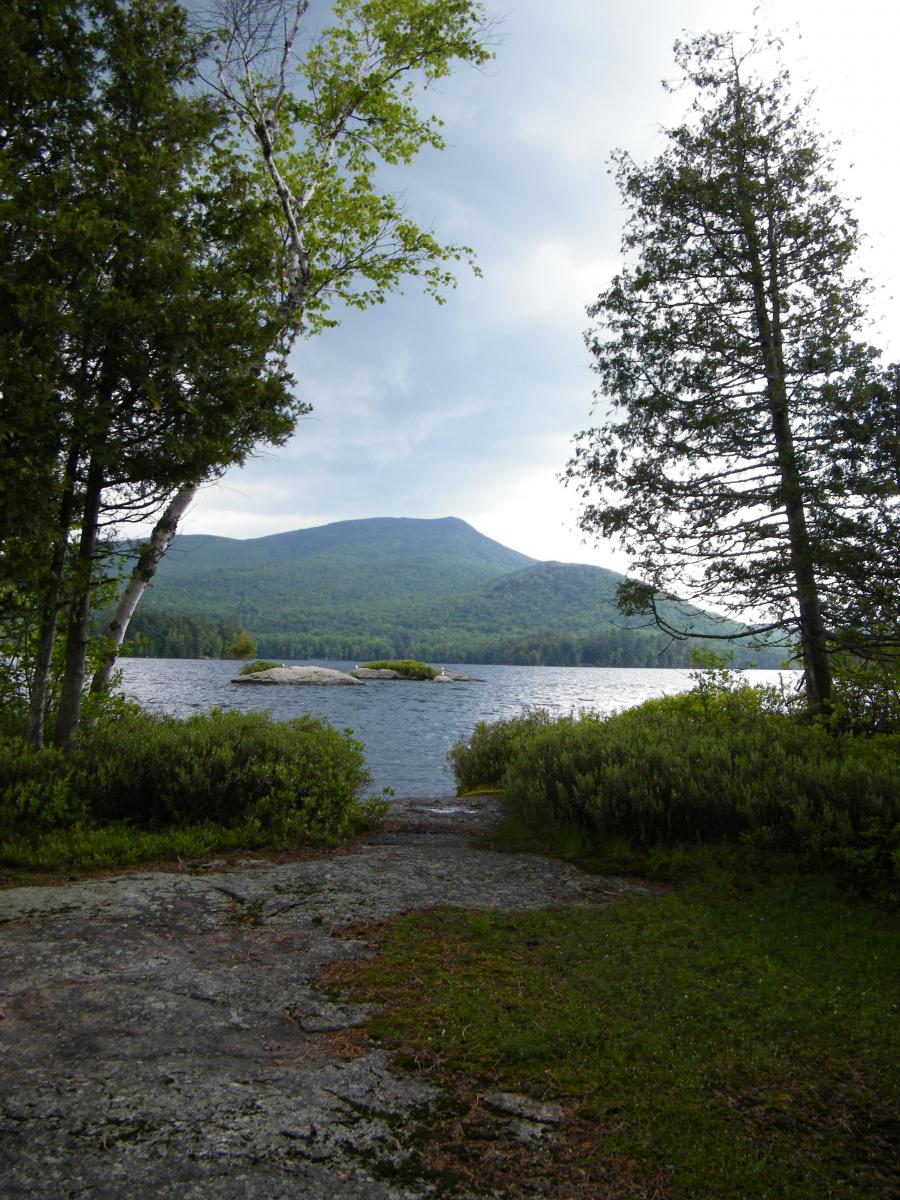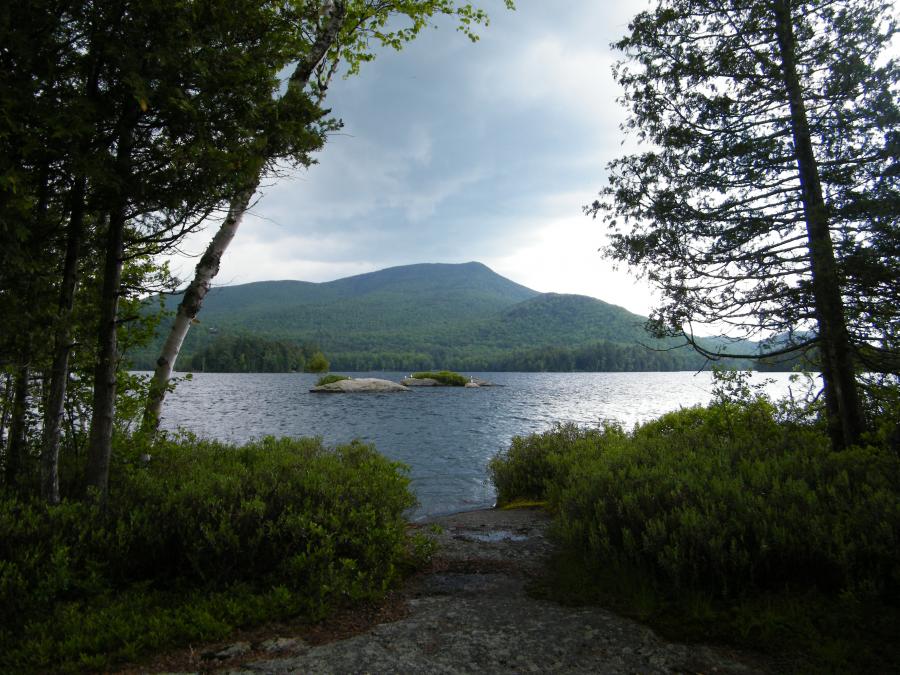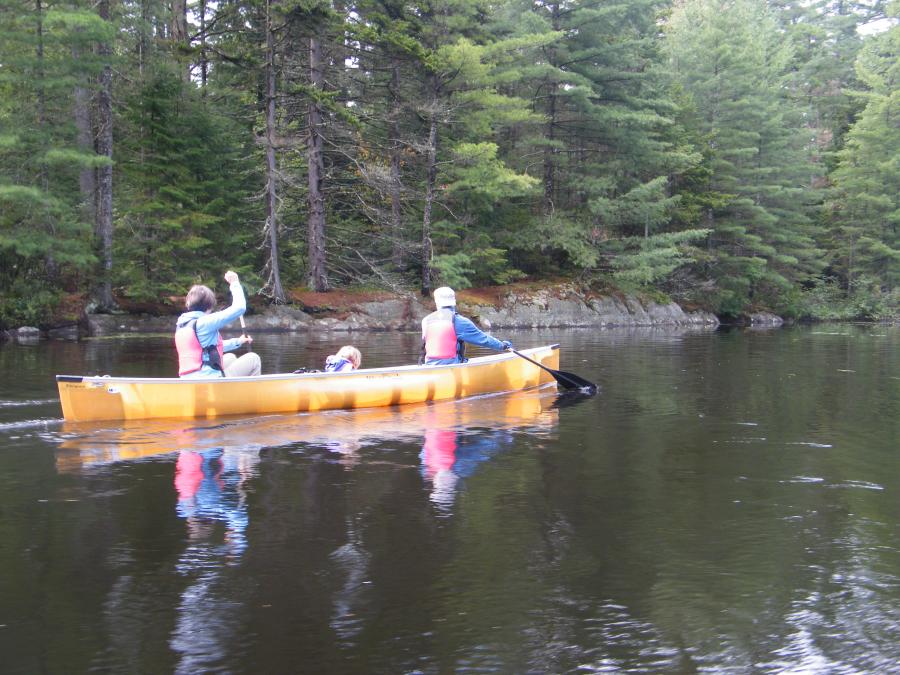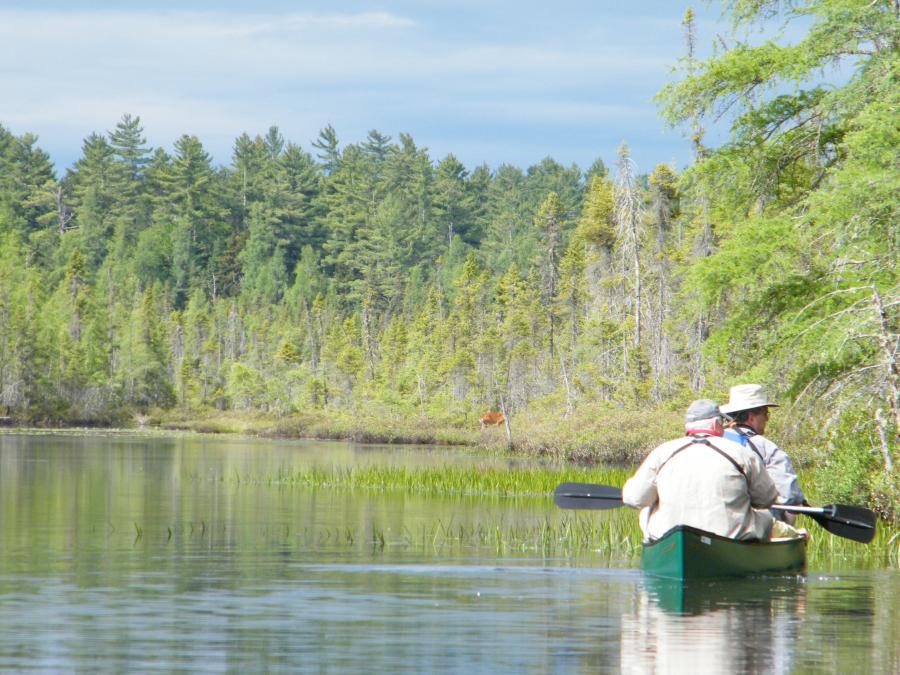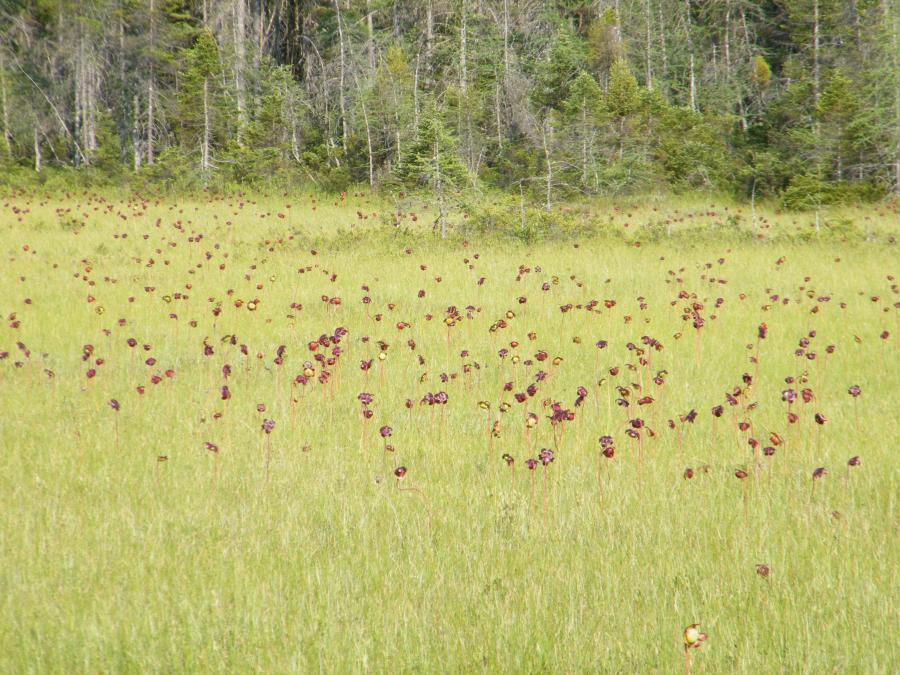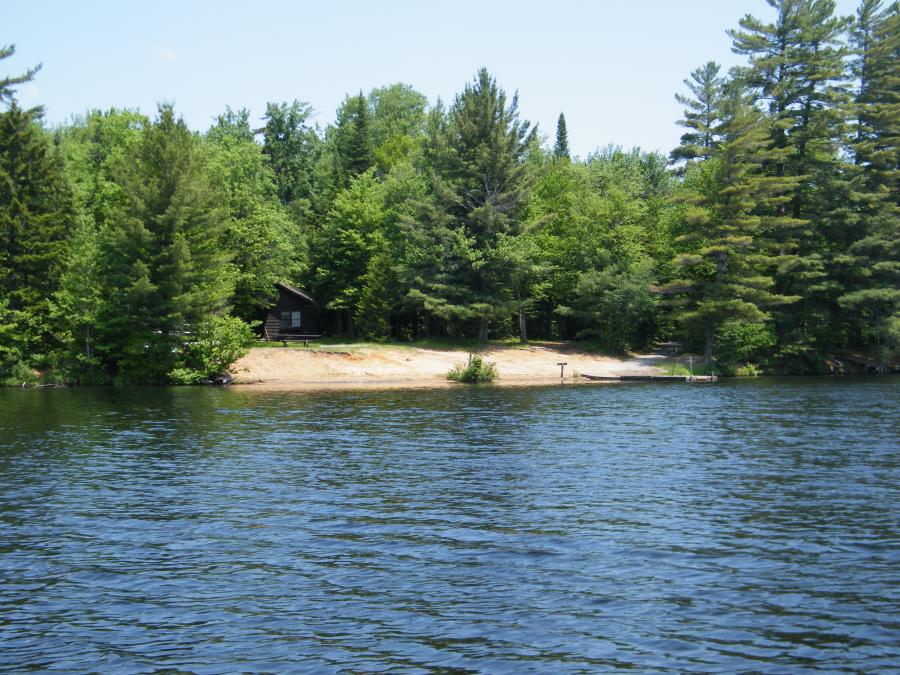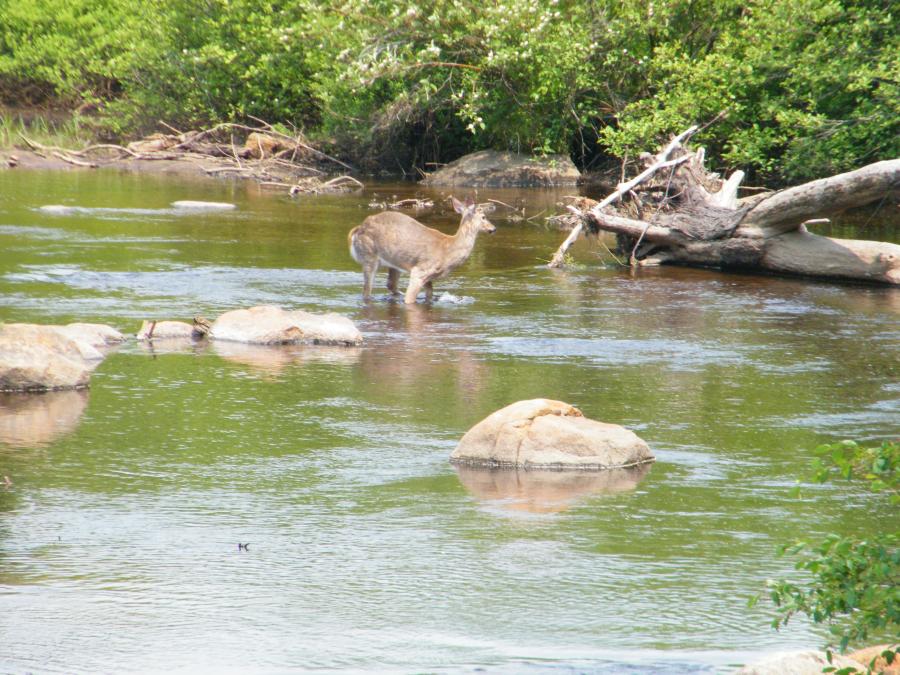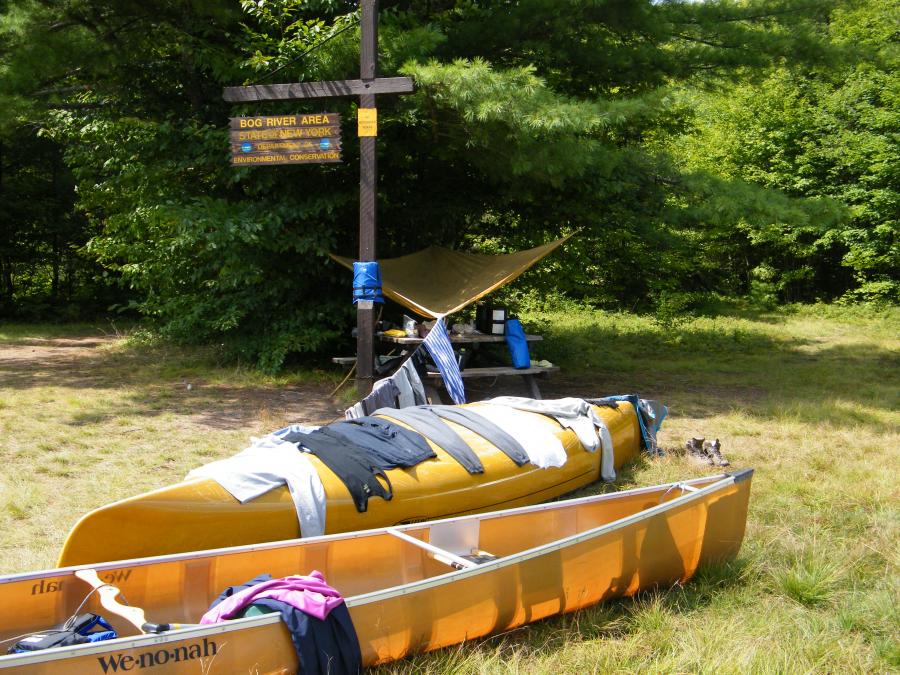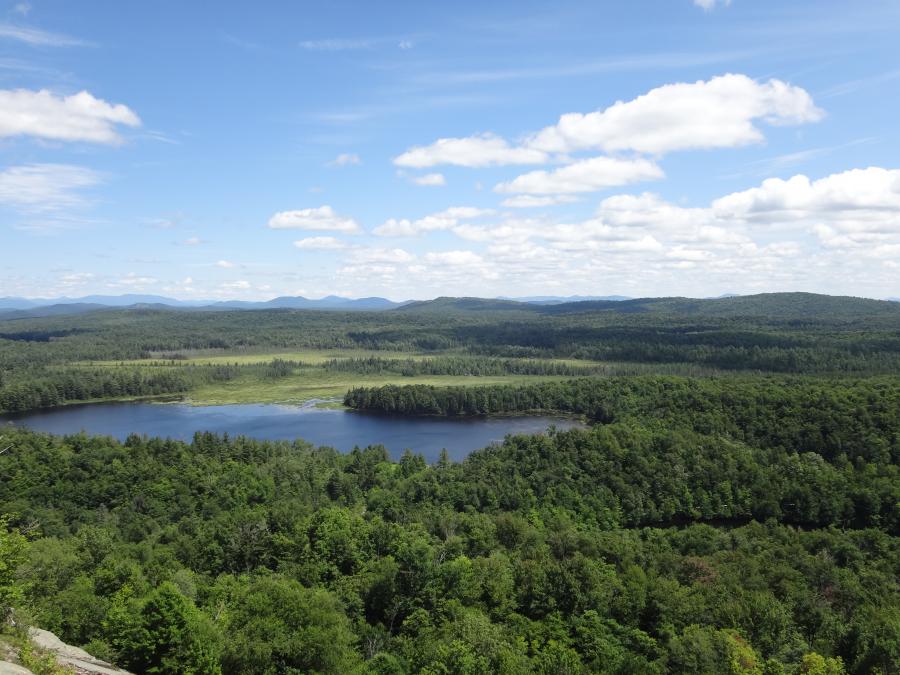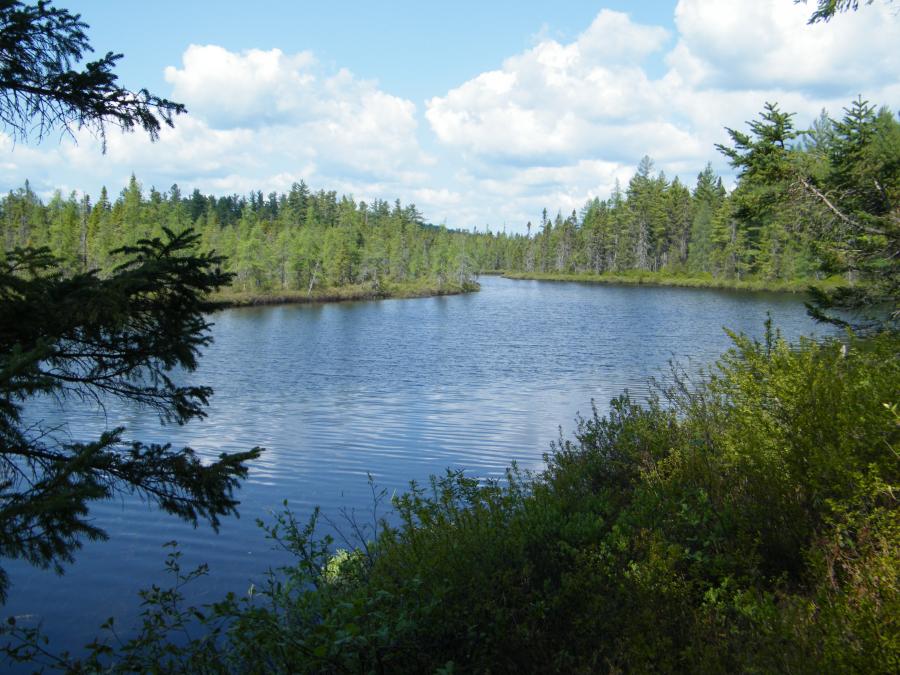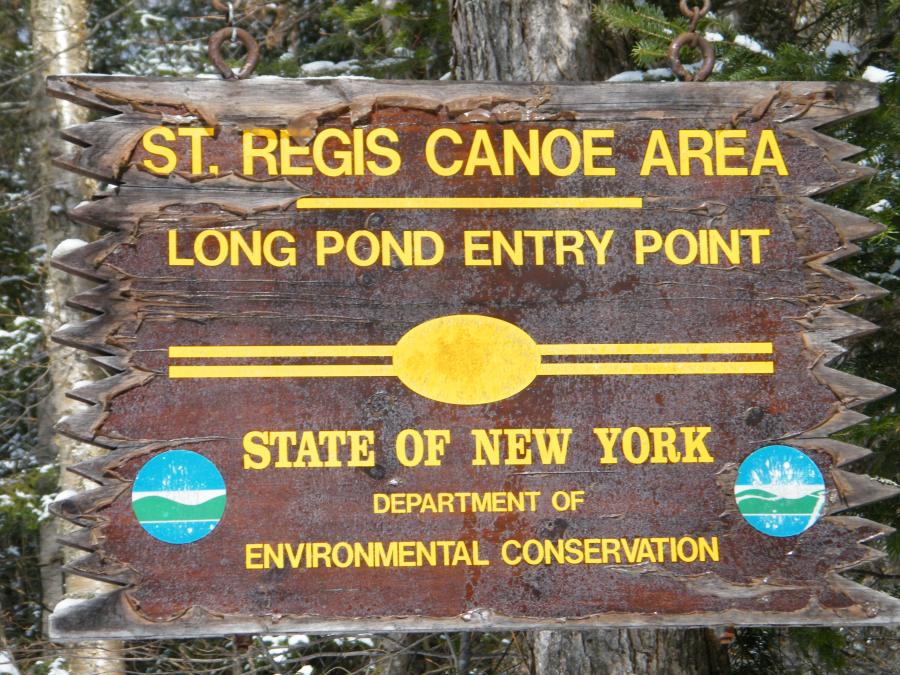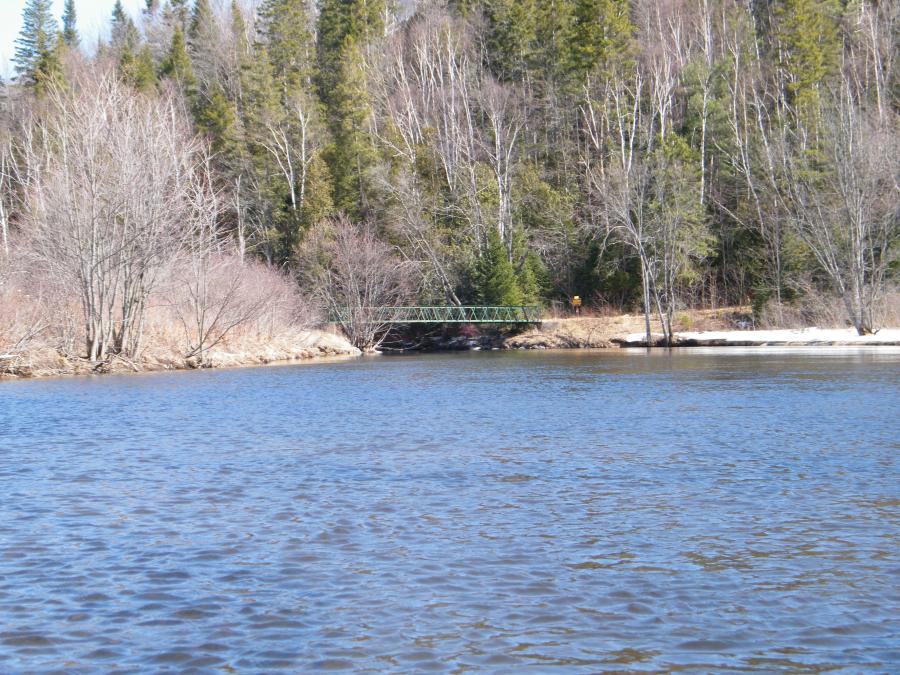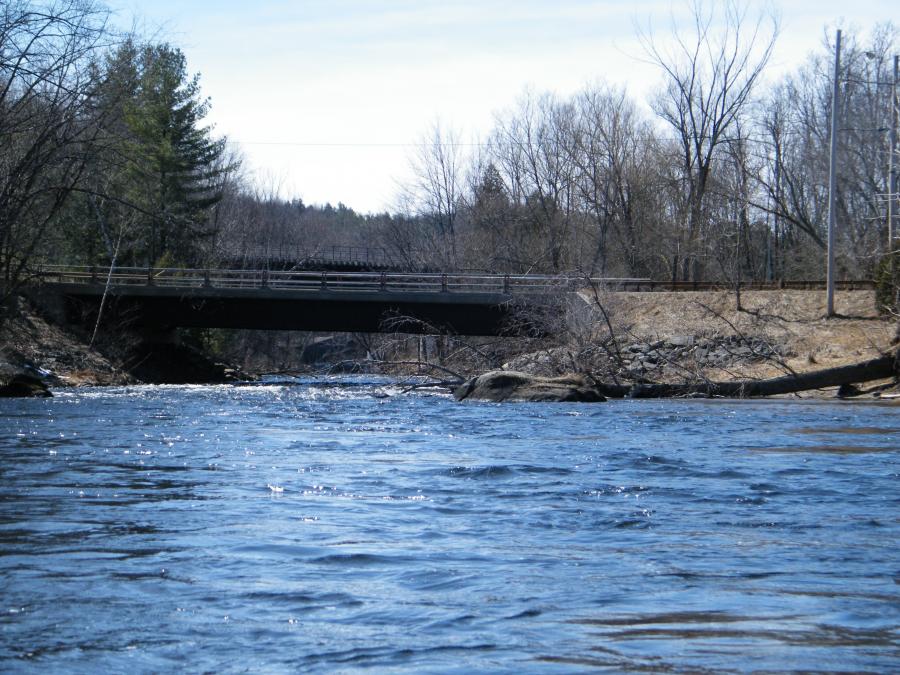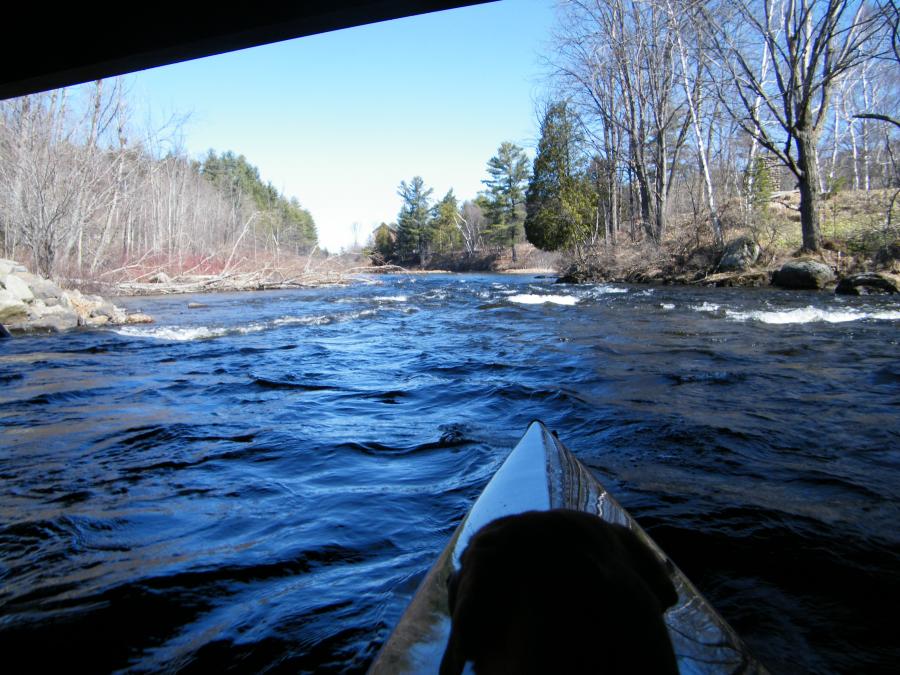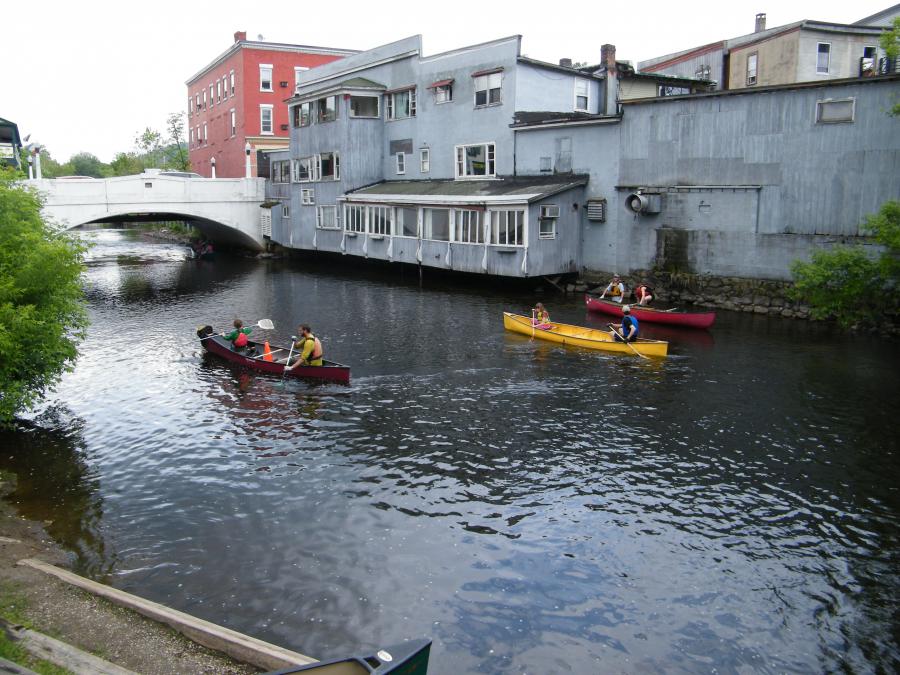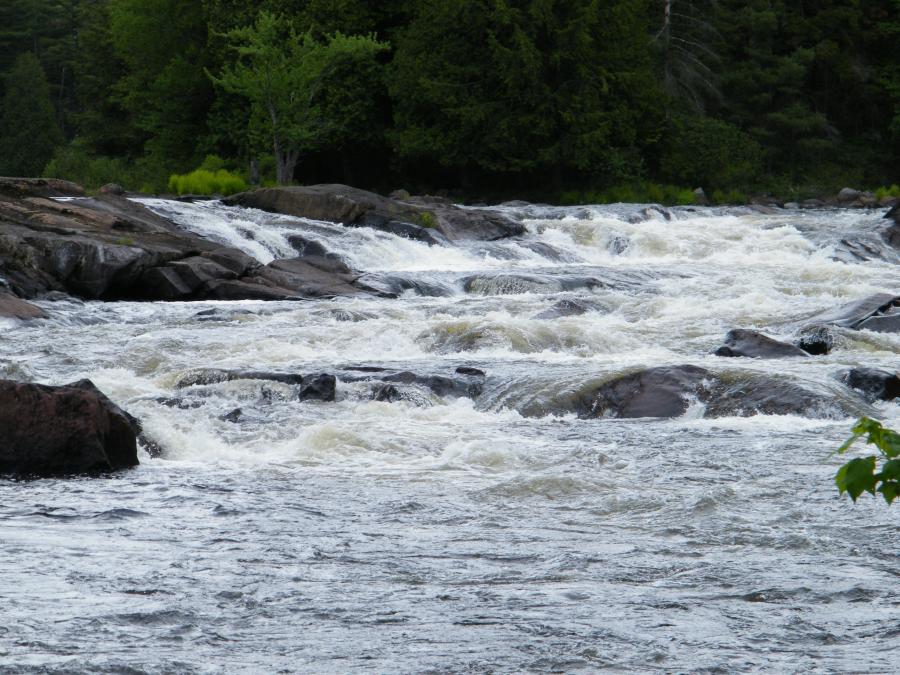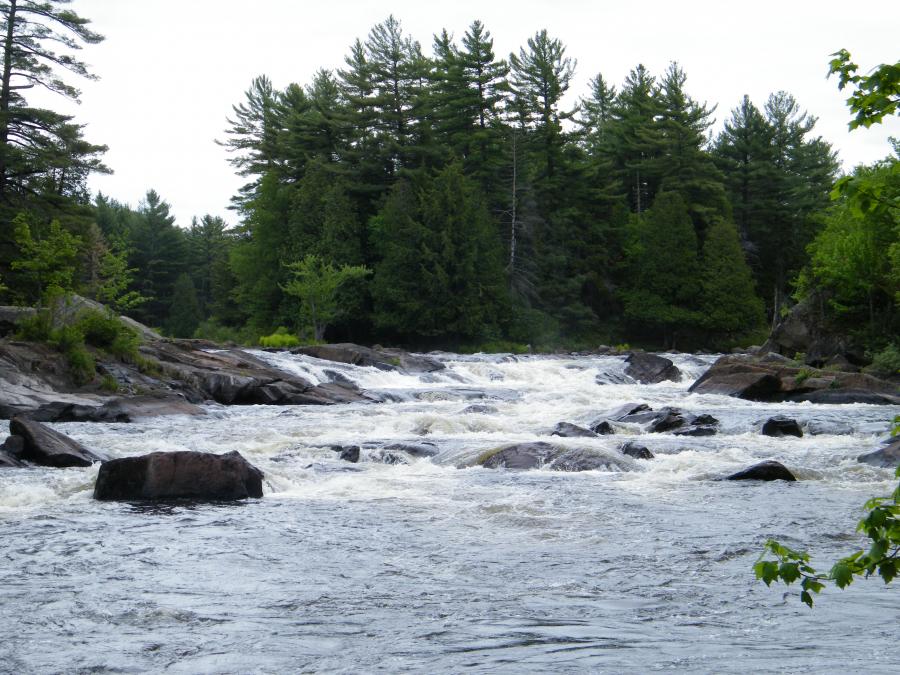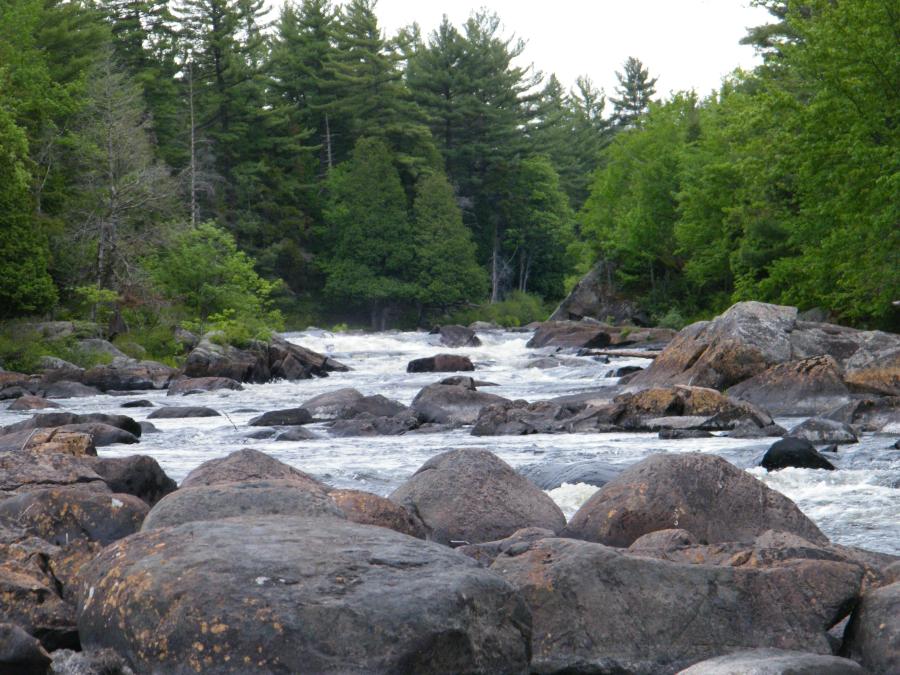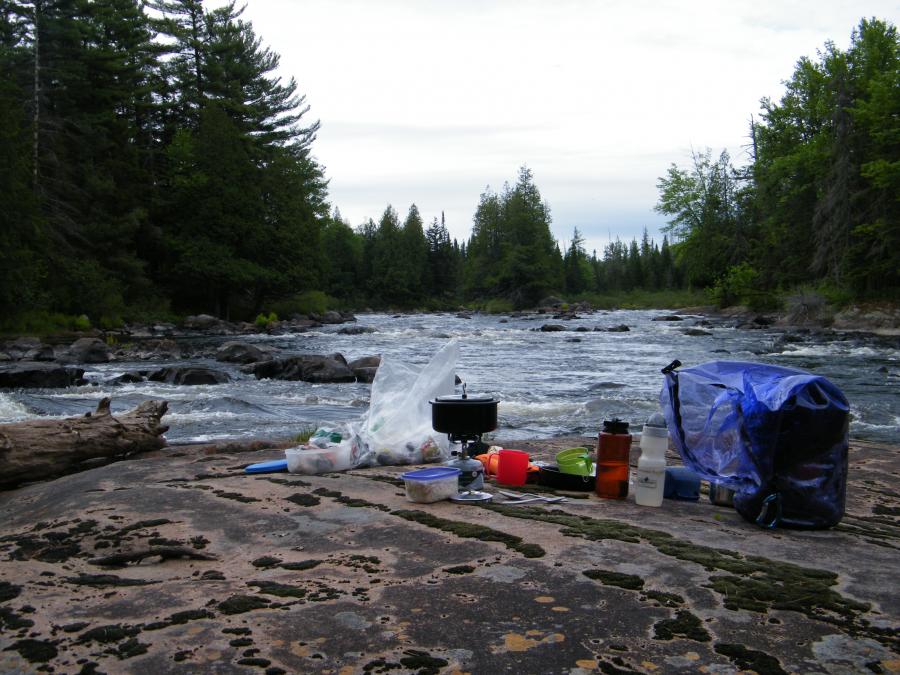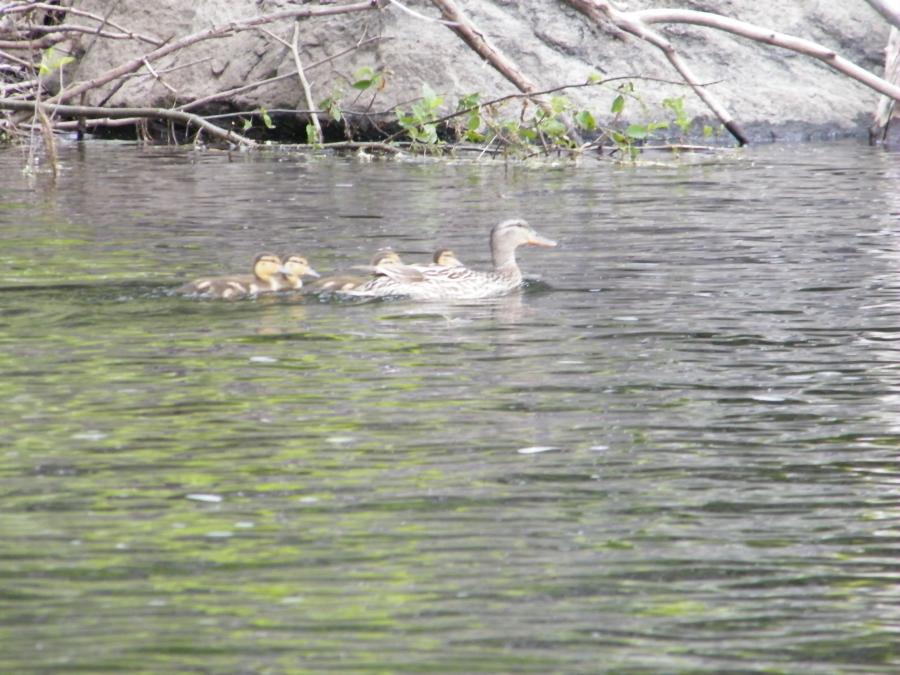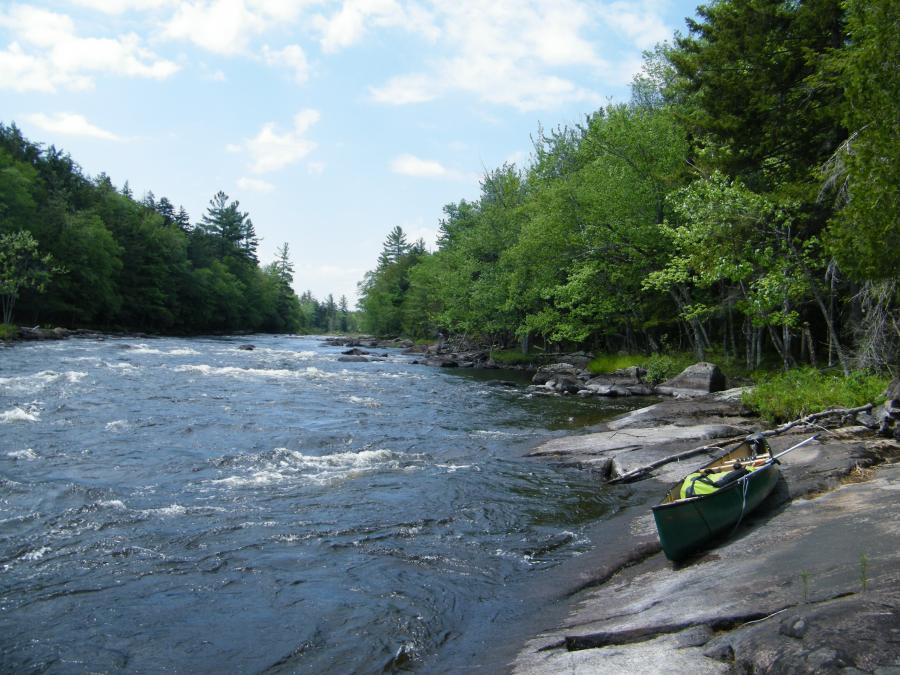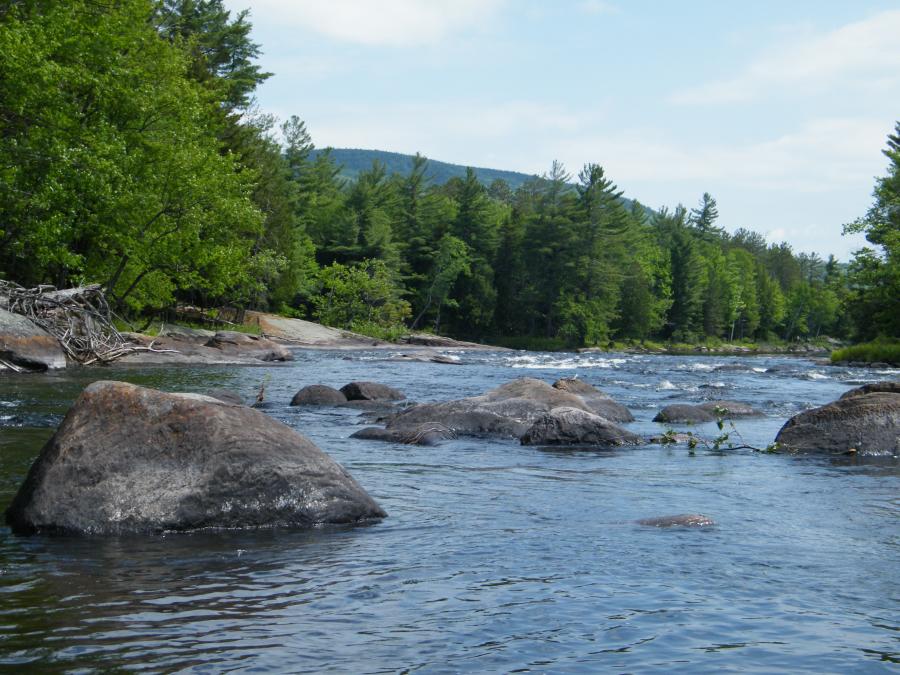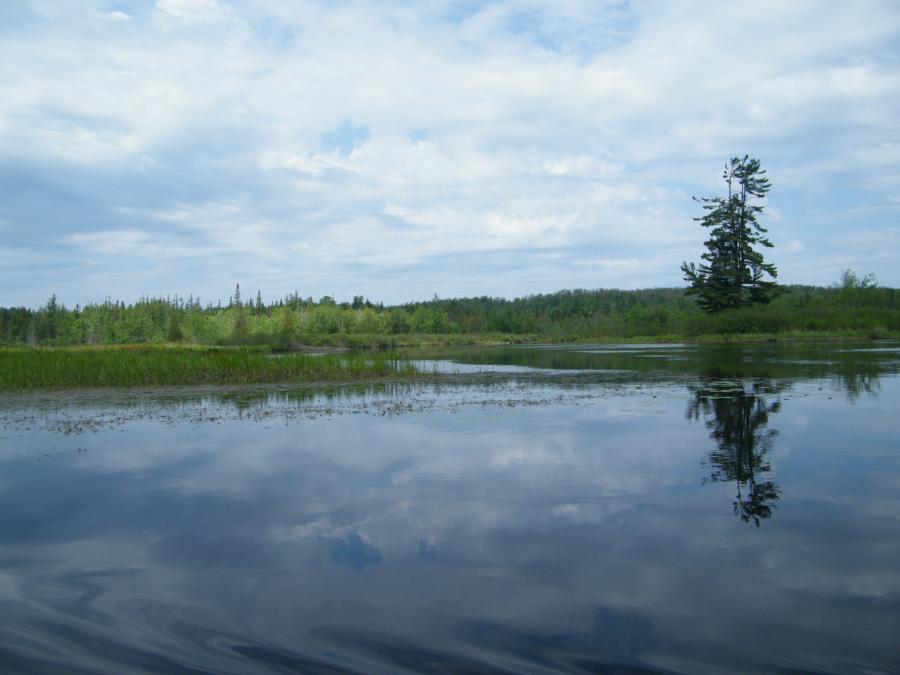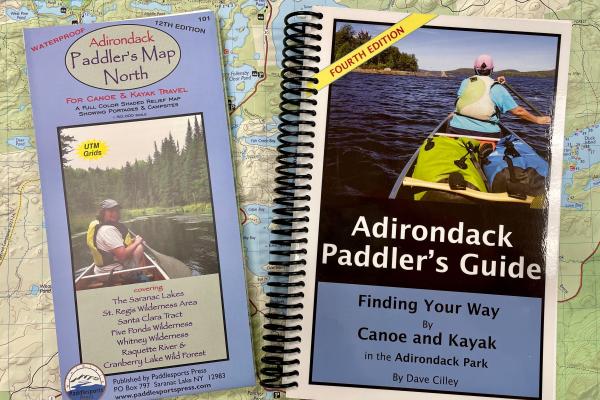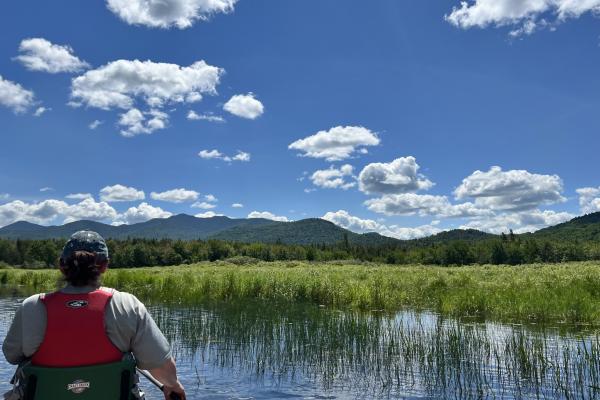Your overall logistics will include: Getting to St Regis Canoe Outfitters or your starting point, doing the actual trip, and returning home.
We make planning a day trip very easy with our Day Trip Packages. Still, before you get here, you will want to consider both your experience and the experience of the rest of your family or group. Trip length, degree of difficulty, and the gear available to you are all factors to consider in planning. Keep in mind the variable weather that is possible here. Another variable here is the number and length of portages (these are canoe carries from one lake to another) on your intended route. Portages may take you about four times the length of time it would take you to walk a given distance. Beaver activity, causing flooding of a portage trail, is not uncommon and can change the trail conditions in a hurry. We can help with up to date information in most cases, but not all. Remember group size is limited to 15 persons traveling together for a day trip in wilderness areas.
For overnight trips you may need camping permits, which are obtained in advance of your trip. For detailed info go to our Camping link. You will find our Orientation, Permits and Fishing link helpful as well.
Environmental concerns:
The Adirondack Park is huge (larger than the state of VT), but it is vulnerable. Some small water bodies are landlocked and are especially prone to human impact. All other water bodies flow to someone's faucet. In fact, one of the main reasons the Park was formed over 100 yrs ago was to protect water quality. We all need to do our own part.
Three things that we all do are wash dishes or ourselves, go to the bathroom and make trash. You can help by washing at least 150 feet back from any water source.
Human waste: If there are outhouses, please use them. If no outhouse is available, then human waste should be buried at least six inches underground. Carry out your Toilet Paper ----here is a great way to deal with it----carry a plastic bag with your toilet paper in it to remain dry and just carry a second ziplock in there to put used paper in. All trash must be carried out. The Leave No Trace principles are great and leave the outdoors the way you would like to find it on your next trip. Enjoy!
The Ten Essentials:
1. Map and Compass--get a good waterproof map and know how to use the compass
2. Food--bring extra and guard it from animals
3. Water---both a container and a method of purification
4. Light or headlamp
5. Extra Clothing---remember layers that are warm when wet
6. Rain Gear--jacket and pants
7. Sun Protection--sun screen, hat, sunglasses
8. Matches or fire starter
9. Knife--we recommend a folding pocket knife
10. First Aid Kit
'Leave No Trace' Outdoor Ethics:
1. Plan Ahead and Prepare
2. Travel and Camp on Durable Surfaces
3. Dispose of Waste Properly
4. Leave What You Find
5. Minimize Campfire Impacts
6. Respect Wildlife
7. Be Considerate of Other Visitors
Refer to Leave No Trace website for further information.
